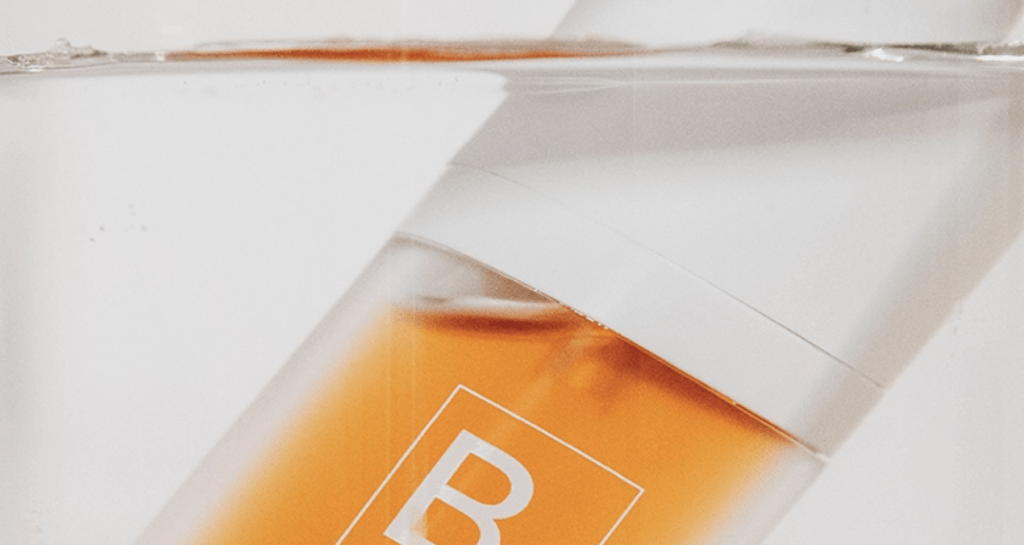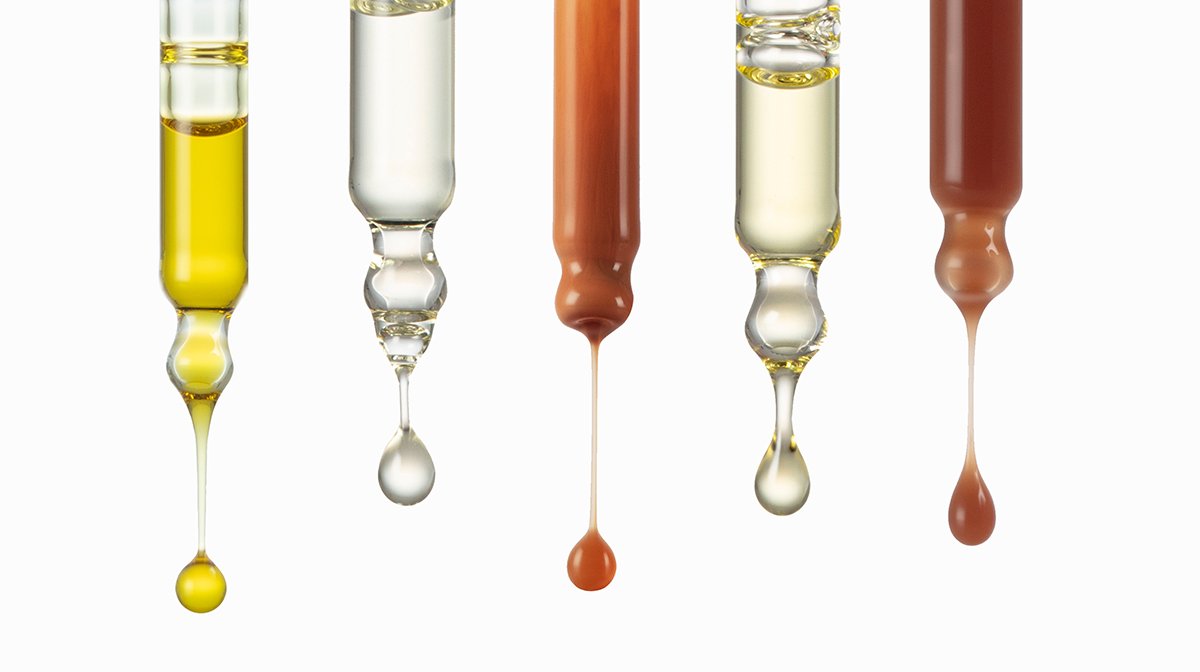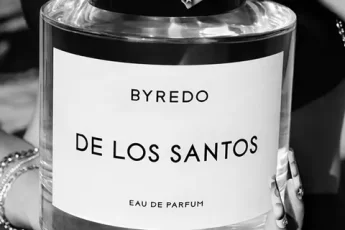If you’ve ever looked in your bathroom cabinet and felt overwhelmed by the plethora of choices and confused by what the label says, you’re not alone. Unfortunately, the skincare industry in Australia is largely unregulated and rife with greenwashing.
As most people might know, the basic premise of greenwashing is when brands using marketing tactics to make unsubstantiated and misleading claims (which, of course, encourages people to buy their products). It’s an issue that has been happening for years, and as customers get savvy to the tricks, brands get even savvier. There are many clever marketing tactics that can be confusing, unsubstantiated or completely misleading, so it is important to arm yourself with the right information to cut through all the hype.
You’ll also like this:
The Best 10 Clean Mascaras that Actually Work
10 Of The Best Hand Sanitisers That Actually Smell Amazing
The Best 12 Aluminum-Free Natural Deodorants That Actually Work

An important thing to know is that there are several stages a brand needs to go through to ensure it passes the tests from regulatory bodies and gets into the hands of the consumer seamlessly. There’s the research, product testing, production, marketing, distribution logistics, shipping, and the list goes on. For many brands, this process can be filled with a bit of trial and error before they are able to produce their best viable, efficacious and ethical product. Needless to say, there are many steps a brand needs to go through to get credible certifications and whilst many brands are working towards making a more positive impact, some are not there yet.
There are standards you can look out for when purchasing products, such as certified organic or certified vegan; however, be aware that some products can still meet these standards, but many not have achieved accreditation yet (usually due to timings and expenses required).
There are many reasons why a brand might not have received certification, but that doesn’t mean we should avoid them; it just means we need to do our research into their practices. Most companies will be transparent and above board when it comes to answering phone calls, emails and questions from potential customers as to their ethical practices.
From Biologi’s Founder and Cosmetic Chemist Ross Macdougald, read on if you’re confused about the difference between vegan skincare, natural, organic, and clean beauty.
Vegan Skincare
Most people would think that a vegan skincare is relatively straightforward in that it refers to the absence of animal ingredients.
A vegan skincare product should not contain any animal or animal-derived ingredients (including honey, beeswax or lanolin, as these are all animal-derived). However, there is confusion when you compare a vegan product to cruelty free because they aren’t always both!
Cruelty free refers to a product that doesn’t test on animals; however, that doesn’t mean it’s automatically vegan (and vice versa – a vegan product isn’t necessarily always cruelty free). There are examples where a vegan product has been tested on an animal, and a cruelty-free product does contain animal ingredients. So if both are important to you – they should be – please double check both categories.
The Vegan Certified logo is a reliable stamp of approval that can ensure that the product you’re purchasing meets the high standards for vegans set out by Vegan Australia. Again, getting officially certified isn’t necessarily an easy process. Vegan skincare brands must first apply, have their products reviewed, meet all the requirements, and pay an annual license fee. There are brands out there without official accreditation that are still vegan and can make those claims (but not use the certified logo); however, if you’re unsure, contact the brand directly to ask about the ingredients and the suppliers they use.
Natural Skincare
Natural is a term that many of us are drawn to for obvious reasons; however, unfortunately, it is a term that is rife with greenwashing. While it’s on the right track, the word ‘natural’ is often misused, and in some cases, can mean that only a small percentage of a product is actually natural or that it contains natural ingredients that have been put through a chemical process.
Before purchasing a product just because it is ‘natural’, do more research into the brand and the product first. Find out how much of the product is actually natural, and if you see any scary looking scientific words, Google what they really are.
Similar to natural is ‘Naturally derived’. Again, it’s a phrase many of us are drawn to, but unfortunately, another example of greenwashing. In essence, naturally derived refers to ingredients derived from nature, but the process means that it is then delivered in an unnatural form (so it sounds natural but may be laden in chemicals). The phrase basically implies that components once came from a natural source, but they have been altered somehow, usually delivering a chemically laden form of the original ingredient.
So how do you tell if a brand is truly natural?
Research online each ingredient item on their label to find out what it really is and take into account the order of the ingredient list. Some products can contain a whole host of ingredients, so it can be hard to decipher what is in it and in what percentage amount. But as a general rule, the first ingredients listed on the list will contain the most percentage. For example, you might see water as the first ingredient, which means the majority of the product is made up of water.
Organic Skincare
Put simply, an organic product means it should have been produced without synthetic chemicals or genetically modified components. Many brands claim their products are organic; however, the Certified Organic logo will guarantee there have been organic ingredients used.
In Australia, there are several regulatory bodies that can certify this, such as Australian Certified Organic. Many brands may not have yet received this certification because the process can be expensive and take a long time. So whilst a brand might not have the certification, it doesn’t mean it’s not organic. Again, it’s tough to really know for sure, but you can do research on the brand or ask them directly.
Clean Skincare
Clean skincare describes skincare that has considered human and environmental health and is formulated without toxic ingredients.
In most cases, it refers to using plant-based ingredients and safe synthetics where necessary (usually only for preservation or performance). You may have seen the phrases “no nasties”, “chemical-free”, and “non-toxic”, which are all important things to look out for but just be sure that they’re not diverting your attention away from something else.
Be careful of the “no” or “free-from” phrases because it can sometimes be a tactic deployed by marketers to take your focus away from what the other things that are actually in the product. Ideally, any product considered a ‘clean’ product should contain no harmful ingredients to humans or the planet.

Clean Cosmeceuticals
This is a category that brands like Biologi has created and is fast gaining recognition thanks to being natural skincare that offers comparable or faster results to that of their synthetic counterparts.
Biologi came up with the concept of Clean Cosmeceuticals because they found that their products really didn’t fit into their own category. Yes, they’re 100% natural, but the term ‘natural’ often comes with a connotation that it isn’t functional or effective.
Terms like ‘natural’ and ‘clean’ are often shrouded in a stigma of ‘not working’, and the brand was finding some consumers were opting for synthetic alternatives because they believed they would contain the actives the skin needs.
Just like regular Cosmeceuticals, Biologi’s ingredients are also backed by science and are highly effective on the skin, yet you have the added benefit of them being natural, so there’s no risk of toxic build up over time. Clean Cosmeceuticals also tap into the theory of epigenetics by permitting to ‘turn back on’ skin cells and allow them to work at their most effective level. This gives the ability to work out how to make old genes act younger, and how to keep young genes from getting old by providing the skin with the phyto-active ingredients it needs.
You’ll also like this:
How to Get Into Clean Skin Care and Makeup During Lockdown









Leave a Comment